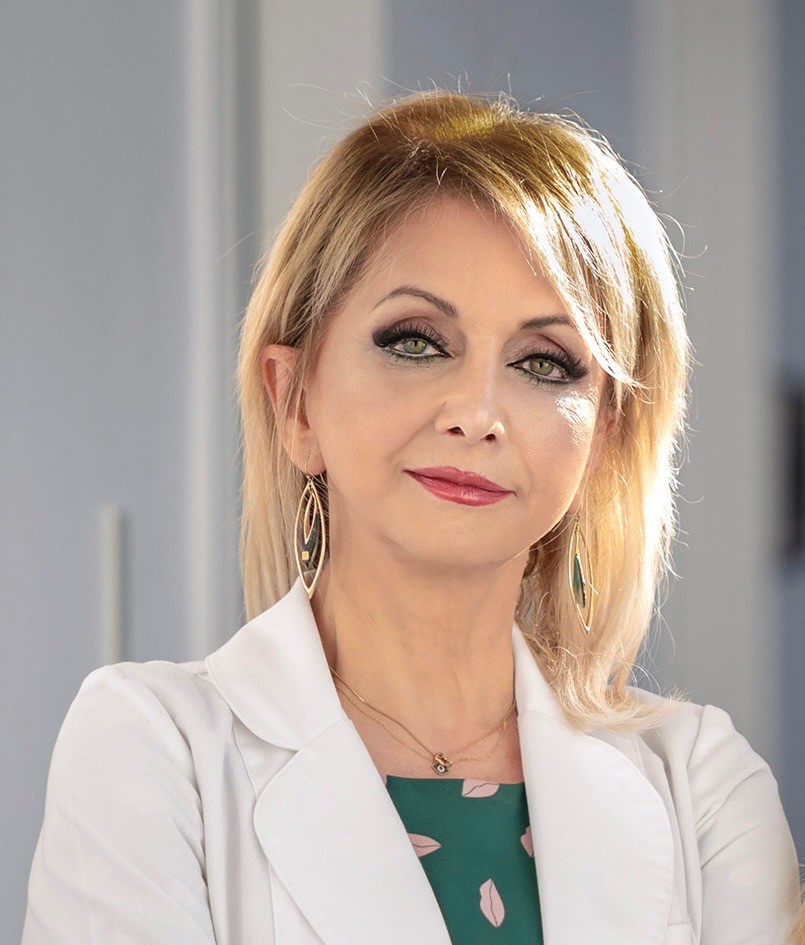
Shohre Mehvar, OMD, LAC
Shohre Mehvar, OMD, LAC
City: Newport Beach, California, USA
Visit types: Virtually and In person
Spoken languages: English
Interpreting services for other languages: No
As a doctor of Oriental medicine and integrative healthcare provider, my approach to treating endometriosis is grounded in compassion, personalization, and whole-person healing. Endometriosis is a complex, multifaceted condition that affects not only the reproductive system but also a patient’s mental, emotional, and metabolic well-being. My philosophy is to support the body’s innate ability to heal through a tailored, evidence-informed approach that integrates Traditional Chinese Medicine (TCM), modern functional nutrition, mind-body medicine, and emotional counseling.
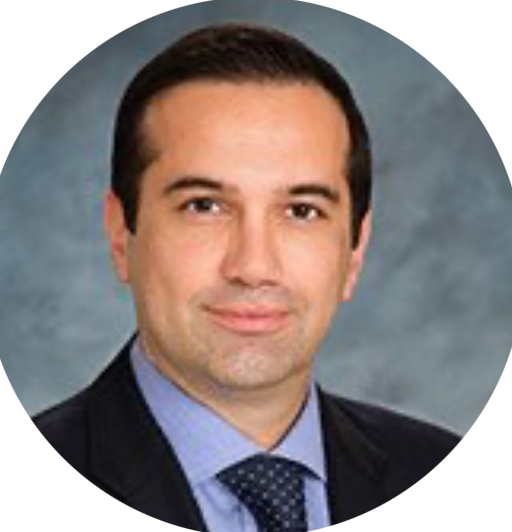
Dr. Reza Askari
Dr. Reza Askari, Endometriosis Specialist
City: Los Angeles, California, USA
Philosophy of Endometriosis Care: Current scientific evidence most strongly supports the coelomic metaplasia theory as the primary explanation for the development of endometriosis.
Our knowledge of endometriosis is growing every day, and I believe epigenetics and immune system factors will become key areas of focus moving forward.
What type of surgery do you perform for endometriosis: Excision
Medication: Effective care for endometriosis requires a comprehensive view of each patient’s health, recognizing that other conditions may contribute to symptoms. While there is no medical therapy that cures endometriosis, complete surgical excision remains the foundation of treatment. After surgery, when necessary, I often recommend hormonal therapy—typically progestins, either orally or through an intrauterine device (IUD)—to help manage bleeding or adenomyosis-related symptoms when present. I generally avoid GnRH agonists and antagonists, as their risk profiles and clinical outcomes do not, in my experience, offer meaningful advantages over progestin-based
Approach to Persistent Pain After Surgery: My goal is always to walk alongside patients through their recovery, not just for the surgery itself, but until they truly feel better
I believe that recovery does not end in the operating room. I stay closely involved with every patient’s care, providing follow-up and support for as long as needed to help them achieve meaningful, lasting improvement.
Every patient leaves surgery with a personalized recovery plan, shaped by their history, examination, and lab findings, with particular attention to any additional pain contributors. I routinely recommend pelvic physical therapy and collaborate with a trusted network of physiatrists to ensure each patient receives truly comprehensive care throughout their healing journey.
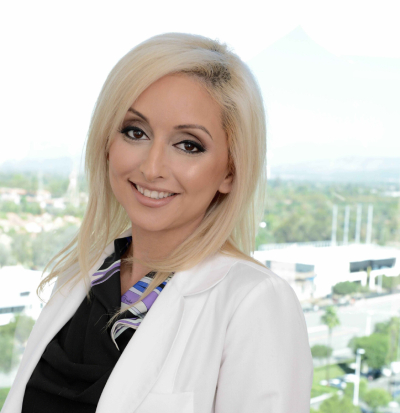
Shabnam Pourhassani, DACM, LAc, QME, FABORM
Shabnam Pourhassani, DACM, LAc, QME, FABORM
City: Newport Beach, California, USA
Visit types: Virtually and in person
Spoken languages: English
Interpreting services for other languages: No
The patient is given two options for evaluation: one is focused on symptom management for endometriosis, and the other is a comprehensive evaluation of health, lifestyle, and anything within my legal scope of practice.
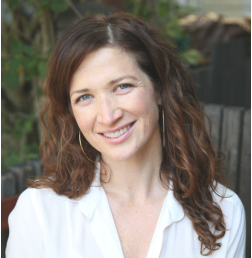
Stephanie Martin, LAC, DAIM, FABORM
Stephanie Martin, LAC, DAIM, FABORM
City: San Diego, California, USA
Visit types: Virtually and In person
Spoken languages: English
Interpreting services for other languages: No
I use an integrative, whole-body framework that includes nutrition, targeted supplements, acupuncture, and functional lab testing when appropriate. Treatment focuses on managing pain while addressing underlying contributors like gut health, estrogen metabolism, immune dysregulation, and chronic stress.
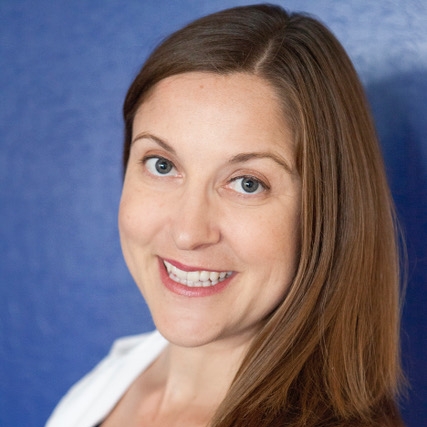
Robin Sheared, LAc, FABORM, MS
Robin Sheared, LAc, FABORM, MS
City: San Francisco, California, USA
Visit types: In person and virtual
Spoken languages: English
Interpreting services for other languages: No
Our goal is to dive in and discover together what symptoms you have and how to best support you and your reproductive goals. By looking at your presentation of symptoms we can customize a care plan to fit each client. We want to best support you in moving away from endometriosis pain and optimizing your peak fertile potential.
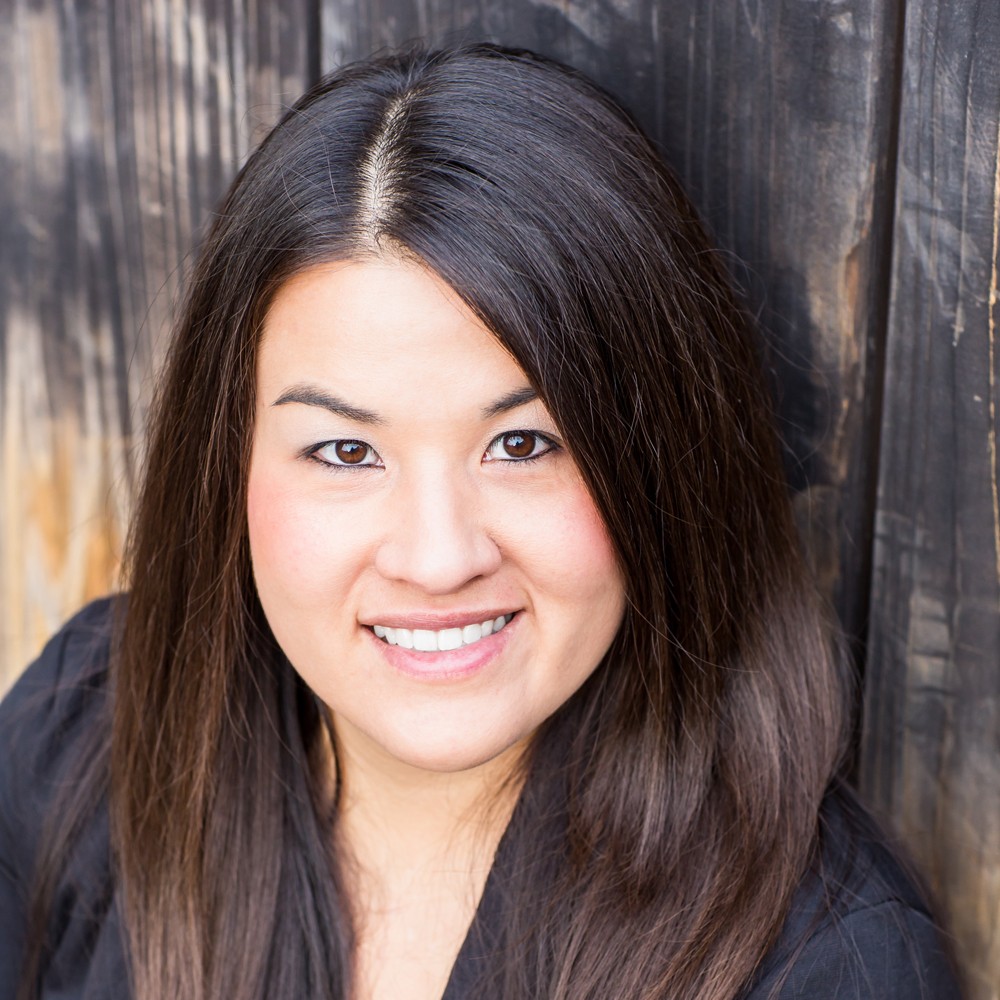
Rachel Hemphill, DACM, L.Ac., FABORM
Rachel Hemphill, DACM, L.Ac., FABORM
City: Oakland, California, USA
Visit types: In person
Spoken languages: English
Interpreting services for other languages: No
My philosophy for treating endometriosis-related pain centers on a holistic, individualized approach rooted in Traditional Chinese Medicine (TCM). I recognize that each patient’s experience with endometriosis is unique, and I tailor my treatments to address the specific patterns and symptoms presented by each individual.
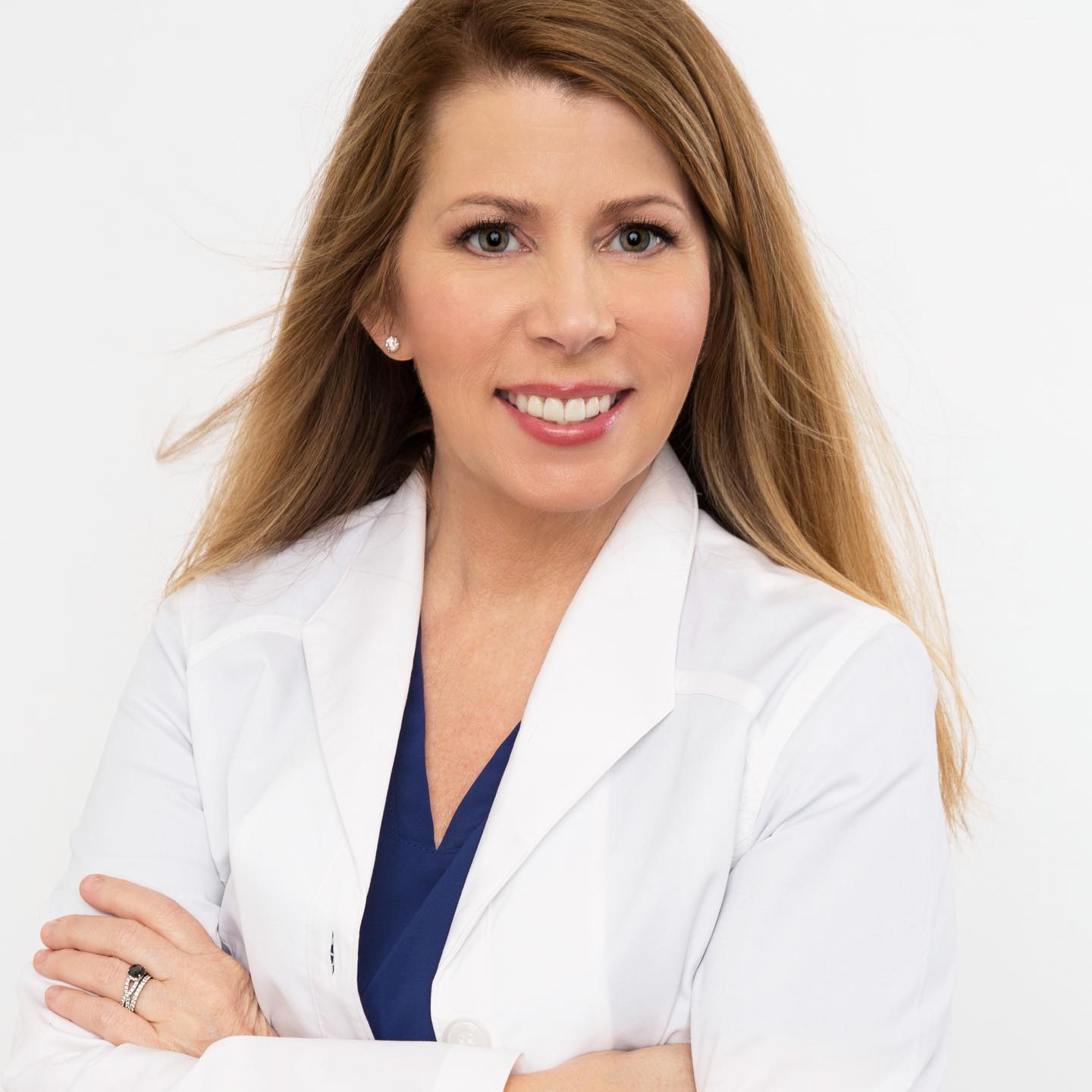
Julee Miller, DAcCHM, AP, FABORM
Julee Miller, DAcCHM, AP, FABORM
City: Jacksonville, Florida, USA
Visit types: In person
Spoken languages: English
Interpreting services for other languages: No
At the heart of our approach to treating endometriosis-related pain lies a commitment to whole-person healing that acknowledges both the physical and emotional dimensions of living with this complex condition. Our philosophy encompasses several core principles: personalized, multi-faceted care. We believe that each person’s experience with endometriosis is unique. Pain patterns, symptom triggers, and responses to treatment vary widely between individuals. Therefore, we reject one-size-fits-all approaches in favor of personalized treatment plans that address the specific manifestations of endometriosis in each person. Integration of Eastern and Western Approaches: Rather than positioning conventional medicine and natural therapies as opposing forces, we view them as complementary parts of a comprehensive treatment strategy. Surgical interventions and hormone therapies may be essential components of care for many, while acupuncture, herbal medicine, and lifestyle modifications can provide additional layers of support that address underlying imbalances and enhance overall well-being. Addressing Root Causes, Not Just Symptoms While pain relief is an immediate priority, our philosophy extends beyond symptom management to address the underlying factors contributing to pain and inflammation. This means working to modulate the immune response, balance hormonal fluctuations, reduce systemic inflammation, and restore proper circulation to the pelvic region. Empowerment Through Education We believe that understanding your condition is the first step toward taking control of it. By providing education about the mechanisms of endometriosis, the connections between symptoms, and the rationale behind various treatments, we empower you to make informed decisions about your care and become an active participant in your healing journey. The Body’s Innate Healing Capacity A cornerstone of our philosophy is recognizing and supporting the body’s natural capacity for healing. Rather than always fighting against the body, our treatments aim to create optimal conditions for the body’s self-regulatory mechanisms to function more effectively, bringing systems back into balance and reducing pain naturally. Holistic View of Pain We understand that endometriosis pain exists within a complex web of physical, emotional, and social factors. Stress, sleep quality, past trauma, dietary patterns, and environmental influences all play roles in pain perception and inflammatory responses. Our approach honors this complexity by addressing these interconnected elements rather than isolating pain as a purely physical symptom. Quality of Life as the Ultimate Measure While objective measures like lesion size have their place, we believe the true measure of successful treatment is improved quality of life. Our goal is not just pain reduction but helping you reclaim your vitality, emotional well-being, and ability to engage fully in the activities that bring meaning to your life. Through this multidimensional philosophy, we strive to offer not just relief from pain but a pathway to renewed wholeness and well-being for those living with endometriosis.
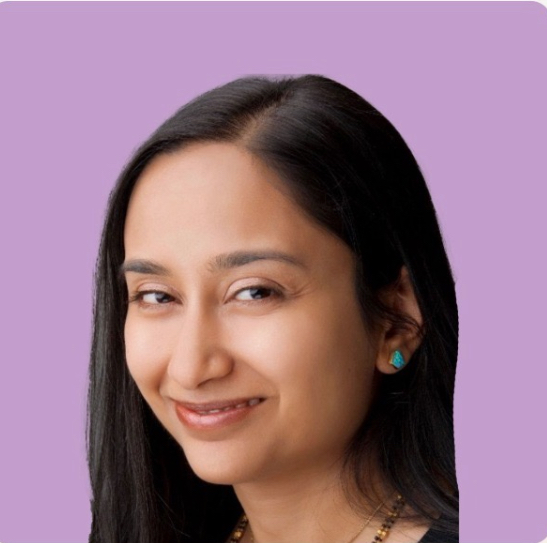
Dr. Mamta Mamik
Dr. Mamta Mamik, Endometriosis Specialist
City: New York City, New York
Philosophy of Endometriosis Care: Embryonic rest theory, coelomic metaplasia, stem cell theory
What type of surgery do you perform for endometriosis: Excision
Medication: Only oral contraceptives and Mirena IUD. I recommend their use after excision surgery to avoid recurrence. I avoid using GnRH agonists, as this makes excision difficult unless the patient really would like to try this.
Approach to Persistent Pain After Surgery: Multi-modality approach is always best. This includes collaboration with physical therapy, nerve blocks in the office, and possible neuromodulator implants depending on the severity of pain.
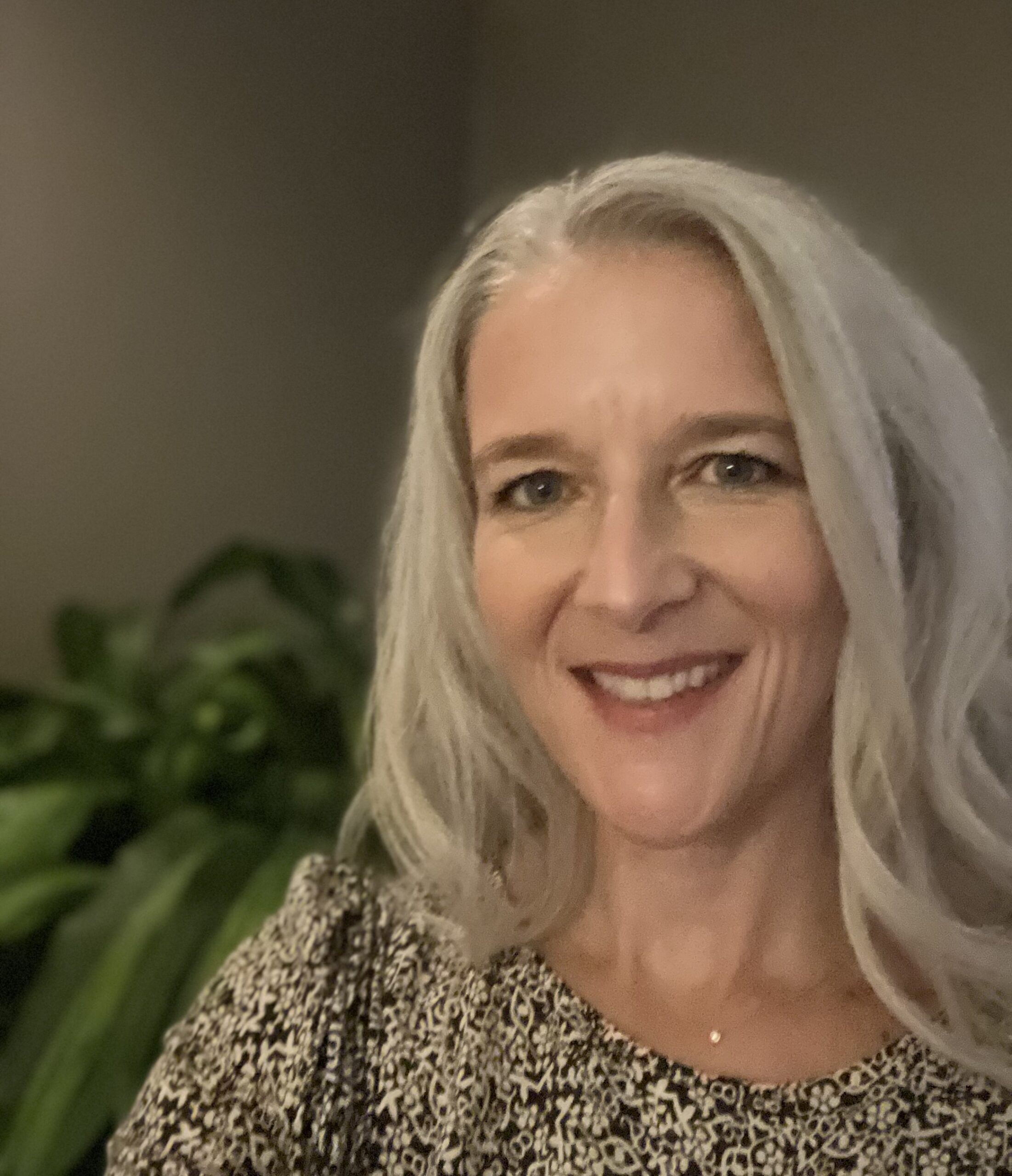
Lindsey Lawson, MS, L.Ac
Lindsey Lawson, MS, L.Ac
City: Seattle, Washington, USA
Visit types: Virtually and in person
Spoken languages: English
Interpreting services for other languages: No
Endometriosis is a complex, chronic disease that impacts many aspects of a patient’s life. I meet the patient where they are and treat their pattern and symptoms. My treatment philosophy involves a comprehensive approach that utilizes acupuncture, herbs, and vitamins, low-level laser therapy, dry needling, and acupuncture point injection therapy. I provide education on at-home therapies and encourage collaborative care. I reference and work closely with other providers, including excision specialists, reproductive endocrinologists, urologists, pain management specialists, naturopathic doctors, physical therapists, nutritionists, and therapists. I have a special interest in fertility, pregnancy, postpartum, and perimenopausal support.
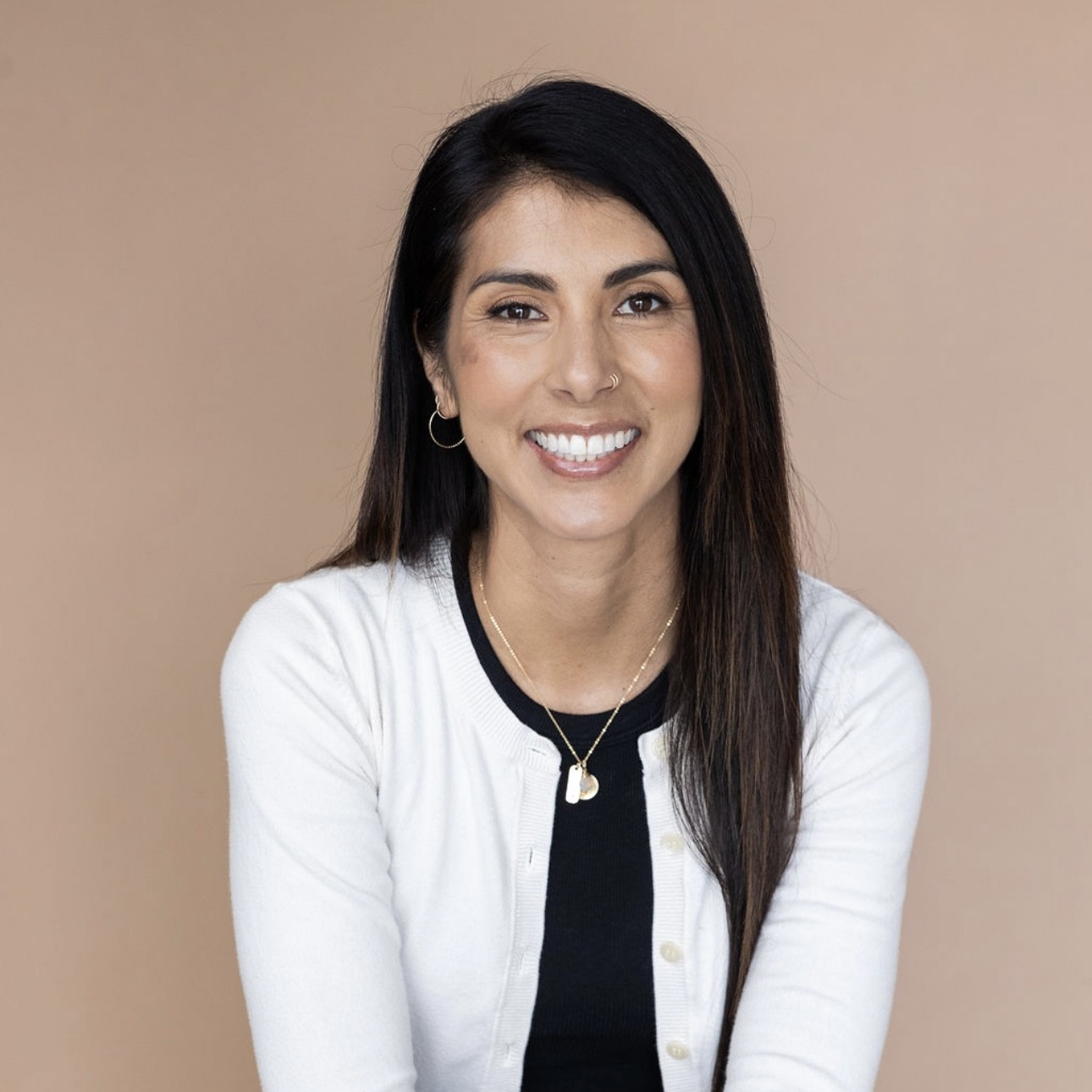
Erin Sandoval, LAC, DACM, MS, FABORM
Erin Sadoval, LAC, DACM, MS, FABORM
City: San Diego, California, USA
Visit types: Virtually and in person
Spoken languages: English
Interpreting services for other languages: No
At its root, endometriosis is a complex disease that impacts and is impacted by the entire body, from the immune system to the circulatory system, musculoskeletal system, nervous system, and more. I believe that an integrative approach to endo is a person’s best bet at sustained, long-lasting vitality.
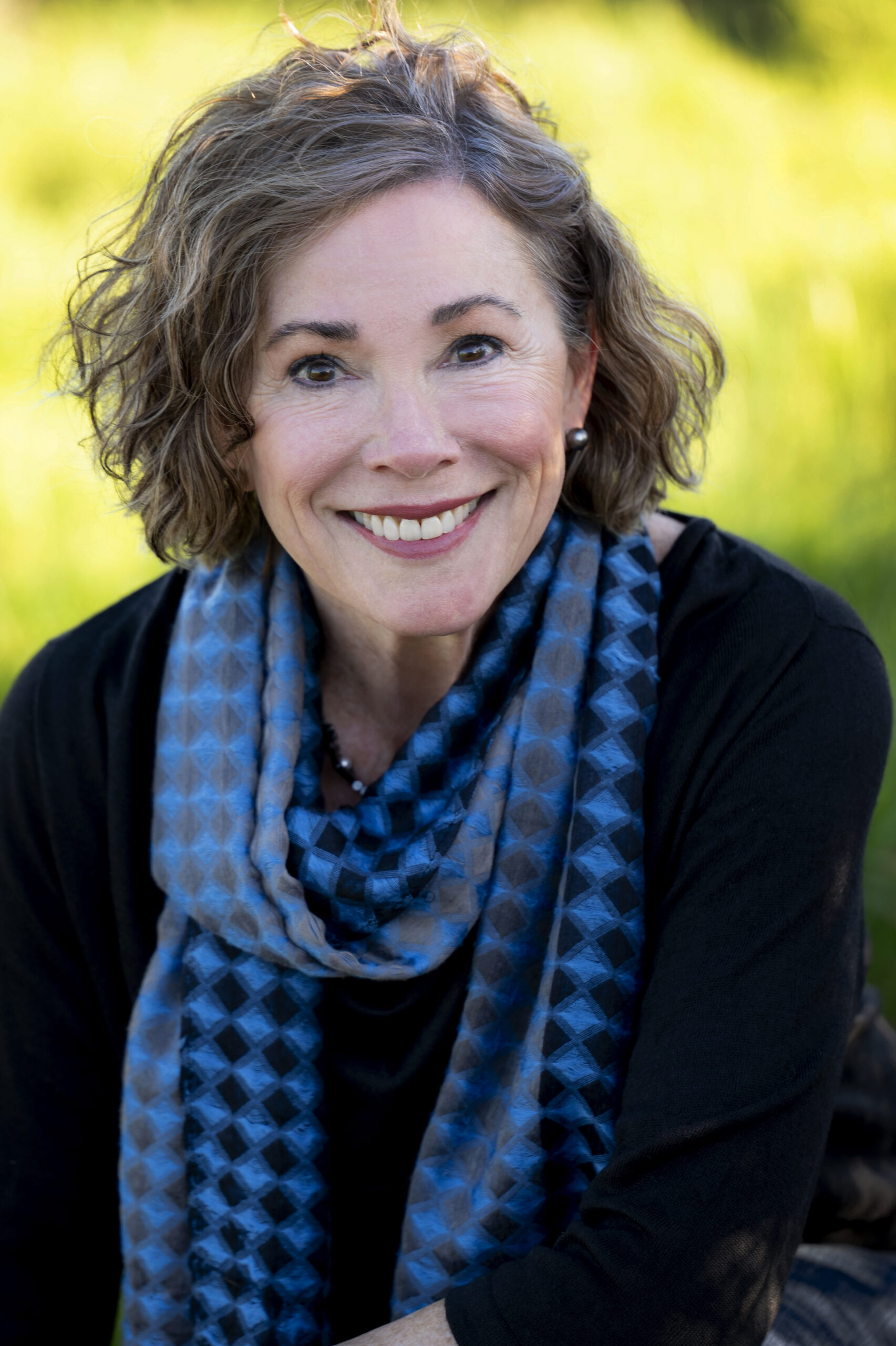
Susan Fox, DACM, LAc, FABORM
Susan Fox, DACM, LAc, FABORM
City: Mill Valley, California, USA
Visit types: Virtually and in person
Spoken languages: English
Interpreting services for other languages: No
Endometriosis is an inflammatory and potentially autoimmune condition that can be successfully supported with acupuncture and/or DIY acupoint stimulation using low-level light therapy/infrared and TEAS (transcutaneous electrical acupoint stimulation), as well as with specific herbs and supplements and dietary & lifestyle modifications. These modalities help relieve endometriosis-related pain and can mitigate the need for OTC or prescription pain medications.
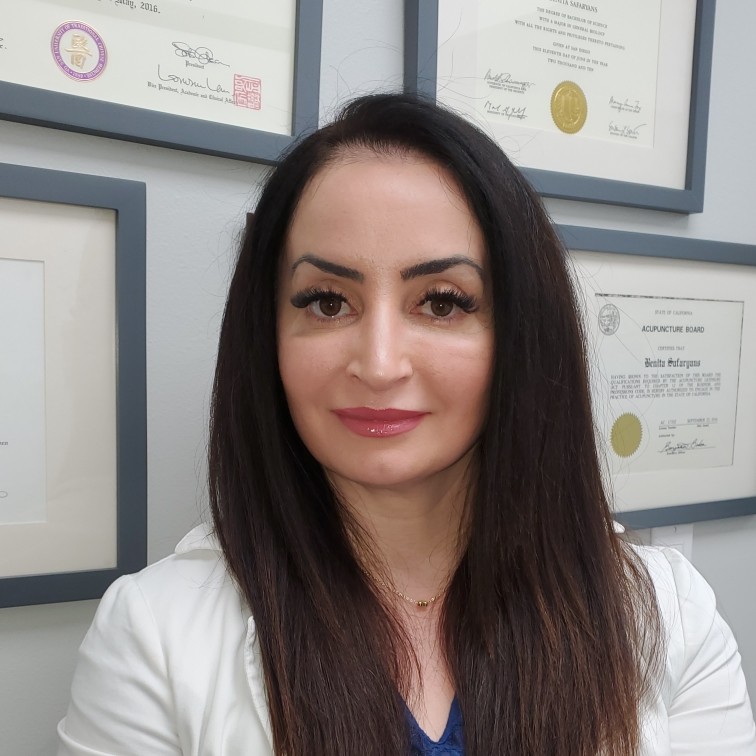
Dr. Benita Safaryans, FABORM, DAOM, LAC
Dr. Benita Safaryans, FABORM, DAOM, LAC
City: Glendale, California, USA
Visit types: Virtually and in person
Spoken languages: English, Armenian, Farsi
Interpreting services for other languages: No
My philosophy of treatment for endometriosis-related pain is centered on restoring balance and addressing the root cause of the pain. I focus on regulating the flow of qi and blood, reducing inflammation, and relieving pelvic issues by targeting specific acupuncture points to ease chronic pain. I also believe that diet plays a crucial role in managing inflammatory pain due to endometriosis. I work with patients to eliminate dietary triggers, often processed foods, sugars, and inflammatory fats, while encouraging an anti-inflammatory, nutrient-rich diet that supports hormonal balance and reduces systemic inflammation. Through acupuncture, herbal medicine, and dietary recommendations, my goal is to not only alleviate pain but also support the body’s natural healing process, leading to long-term improvements in quality of life.

